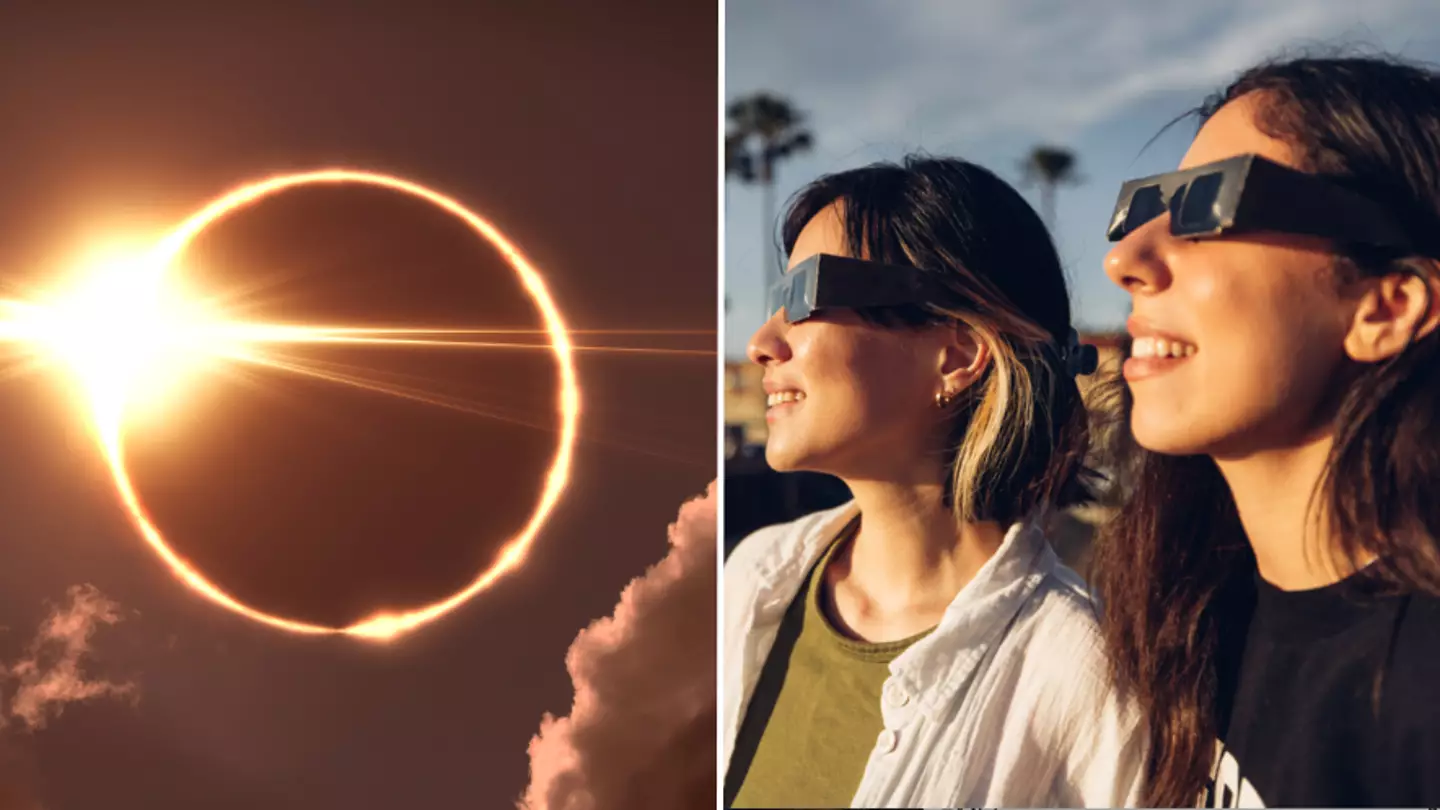
Scientists issue major warning ahead of the solar eclipse which could prove deadly
A new study has brought to light some major concerns ahead of the full solar eclipse
 Rhiannon Ingle
Rhiannon Ingle
Rhiannon Ingle is a Senior Journalist at Tyla, specialising in TV, film, travel, and culture. A graduate of the University of Manchester with a degree in English Literature, she honed her editorial skills as the Lifestyle Editor of The Mancunian, the UK’s largest student newspaper. With a keen eye for storytelling, Rhiannon brings fresh perspectives to her writing, blending critical insight with an engaging style. Her work captures the intersection of entertainment and real-world experiences.